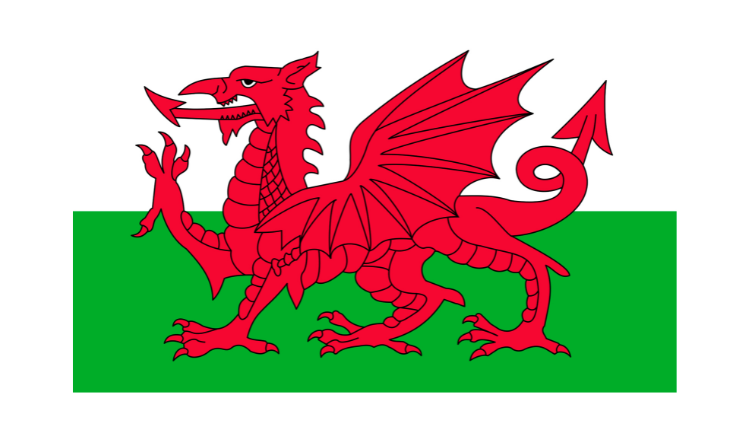Zara Smith, PACEY Advisor
In England and Wales there is a clear focus on the importance of following children’s interests through play. In England, one of the four overarching, guiding principles of the EYFS is that ‘children learn and develop well in enabling environments with teaching and support from adults, who respond to their individual interests and needs and help them to build their learning over time’. In Wales, child-centred practice is at the heart of the Curriculum for funded non-maintained nursery settings saying that ‘If we get to know the children in our setting, their development needs and their interests, we are more likely to foster enjoyment in, and positive dispositions to, learning.’ It is also an approach reflected in the National Minimum Standards in Wales.
So why is following children’s interests so important and what does this mean?
We have all seen a child play with something that they are interested in and fascinated with. Think about a child playing in this way; consider what you have observed and how you knew they were interested and fascinated with their play. You are probably recalling a child that you have observed to be deeply engaged, curious, enjoying themselves and having fun. This is because they are playing with something or in a way that really interests them and consequently, they are intrinsically motivated to keep engaging with their play.
Allowing a child to follow their own interests is meaningful and relevant to young children. They are in control of what they are doing, of how they are doing it and when to change and adapt the way they are doing it. When they are around attuned adults to help, these adults observe their play and able to see appropriate opportunities to extend and scaffold their play or provide additional resources to the play environment, ensuring that children are develop stretch their knowledge and understanding and increase their skills.
This is learning at its best and this is why following children’s interests is so important for their learning and development.
Our role, as childcare and early years practitioners, is to ensure that our setting is providing an environment that ensures children get the maximum benefit from their interest-led play. This learning environment includes both the physical environment, indoors and out, but also includes the emotional environment. The physical learning environment should incorporate children’s interests, whilst also being engaging, challenging, well-resourced. Where the learning environment is purposefully thought out and planned, so the available continuous provision meets children’s needs and interests, helping them to grow, learn and develop. Take a look at our Spotlight on Inspiring Environments for a collection of ideas and inspiration and a toolkit for settings.
#ReflectOn
Are we really looking for children’s genuine interests and incorporating them within our learning environment or are relying on what we think or hope these interests are, perhaps because that is what the children seemed to enjoy last year?
To ensure the setting is emotionally supportive, the adults who are working with the children need to be kind, caring, attuned to the children, skilled at providing high quality interactions and responsive to children’s needs. These adults create is a comfortable happy atmosphere at the setting which helps children feel safe, secure, valued, and important.
So, how do you know what children are interested in, particularly children who are new to your setting? For children joining your setting, there are opportunities to capture this information throughout all phases of the registration and induction process. Remember that parents and carers know their children, are their enduring educator and are best placed to share this information with you, but don’t forget to capture the child’s voice. Mostly importantly of course, the children themselves will be telling us lots about their interests. Some children will be able to vocalise this, but we simply need to watch and listen to find out what children like, enjoy and are interested in.
Once we have captured this information, we can use it to ensure that you are planning great learning environments that inspire, interest and challenge children.
In conclusion, ensuring that we understand and know children’s interests, means that we can adjust and adapt our learning environment that helps children to learn and develop. Play does not only facilitate the best kind of learning, but it is also a fundamental right of childhood: Article 31 of United Nations Convention on Rights of the Child states that every child has the right to play; Play England’s charter aims to ensure that all children have the freedom to play and that everyone is aware of the importance of play and Play Wales’ vision is one of ‘A future where play is valued in Wales for being crucial to a healthy and happy childhood. A country where children can freely explore, discover, develop and grow through play.’
How are your ensuring that the children you care for are able to access play in your setting that is inspiring, challenging and interesting?
#Signposts
- Creating enabling environments | PACEY
- Inspiring Environments | PACEY
- PACEY Live webinar: Making every day an adventure: celebrating children’s right to play | PACEY
- UN Convention on the Rights of the Child – UNICEF UK
- PlayEngland
- Play Wales
- Play Safety Forum (wordpress.com)
- Playful Childhoods
- Playday



